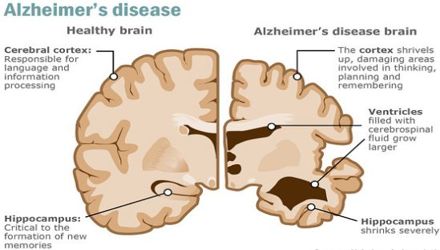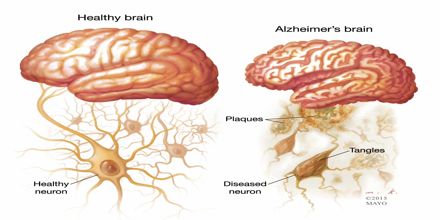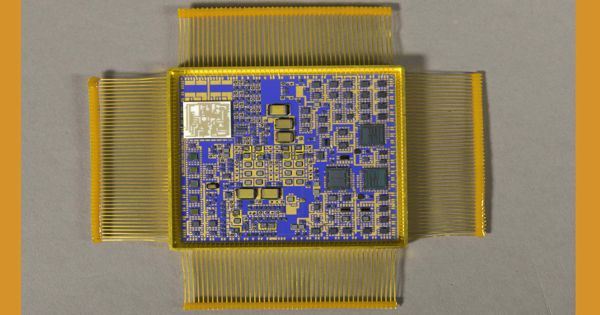Alzheimer’s disease is the familiar source of dementia. The word dementia describes a set of symptoms that can embrace memory loss and difficulties with thinking, problem-solving or language. These symptoms happen when the brain is spoiled by certain diseases, including Alzheimer’s disease. This factsheet describes the symptoms of Alzheimer’s disease, how it is diagnosed, and the factors that can put someone at danger of developing it. It also describes the treatments and support that are presently available.
Alzheimer’s disease is a permanent, progressive brain disorder that gradually destroys memory and thinking skills, and ultimately the capability to carry out the simplest tasks. In most people with Alzheimer’s, symptoms first appear in their mid-60s. Estimates differ, but experts recommend that more than 5 million Americans may have Alzheimer’s.

Symptoms
At first, rising absentmindedness or mild disorder may be the only symptoms of Alzheimer’s disease that you observe. But over time, the disease robs you of further of your memory, particularly recent memories. The rate at which symptoms worsen varies from person to person.
If you have Alzheimer’s, you may be the first to observe that you’re having strange trouble recall things and organizing your thoughts. Or you may not identify that anything is wrong, even when changes are manifest to your family members, close friends or co-workers.
Causes
Scientists believe that for the majority people, Alzheimer’s disease is caused by a permutation of genetic, lifestyle and environmental factors that influence the brain over time.
Less than 5 percent of the time, Alzheimer’s is caused by definite genetic changes that nearly guarantee a person will develop the disease.
Although the causes of Alzheimer’s aren’t yet completely understood, its consequence on the brain is clear. Alzheimer’s disease damages and kills brain cells. A brain precious by Alzheimer’s disease has many fewer cells and many fewer connections among surviving cells than does a healthy brain.
As more and more brain cells die, Alzheimer’s leads to important brain reduction. When doctors examine Alzheimer’s brain tissue under the microscope, they see two types of abnormalities that are considered hallmarks of the disease:
- These clumps of a protein called beta-amyloid may damage and destroy brain cells in several ways, including interfering with cell-to-cell communication. Although the vital cause of brain-cell death in Alzheimer’s isn’t known, the collection of beta-amyloid on the outside of brain cells is a prime suspect.
- Brain cells depend on an internal support and transport system to carry nutrients and other necessary materials throughout their long extensions. This system requires the usual structure and functioning of a protein called tau.
In Alzheimer’s, threads of tau protein twist into abnormal tangles inside brain cells, leading to failure of the transport system. This breakdown is also powerfully occupied in the decline and death of brain cells.

Severe Alzheimer’s disease
People with severe Alzheimer’s cannot communicate and are totally dependent on others for their care. Near the end, the person may be in bed most or all of the time as the body shuts down. Their symptoms often include:
- inability to communicate
- weight loss
- seizures
- skin infections
- difficulty swallowing
- groaning, moaning, or grunting
- increased sleeping
- lack of control of bowel and bladder
Treatments for Alzheimer’s disease
Right now, there is no treatment for Alzheimer’s disease. Once a person starts showing signs – memory loss and problems with learning, judgment, communication, and daily life — there aren’t any treatments that can stop or overturn them.
But there are medicines that can relieve a few of the symptoms in several people. They can slow down how rapidly the disease gets worse, and help the brain work enhanced for longer. It’s significant to talk to your doctor about which option may work finest for you.
How to Choose a Treatment
Your doctor will help you choose the superlative treatment based on a few things about you, including:
- Your age, overall health, and medical history
- How severe your disease is
- How well a medicine or therapy will work for you and your lifestyle
- Your preferences or those of your family or caregivers
















